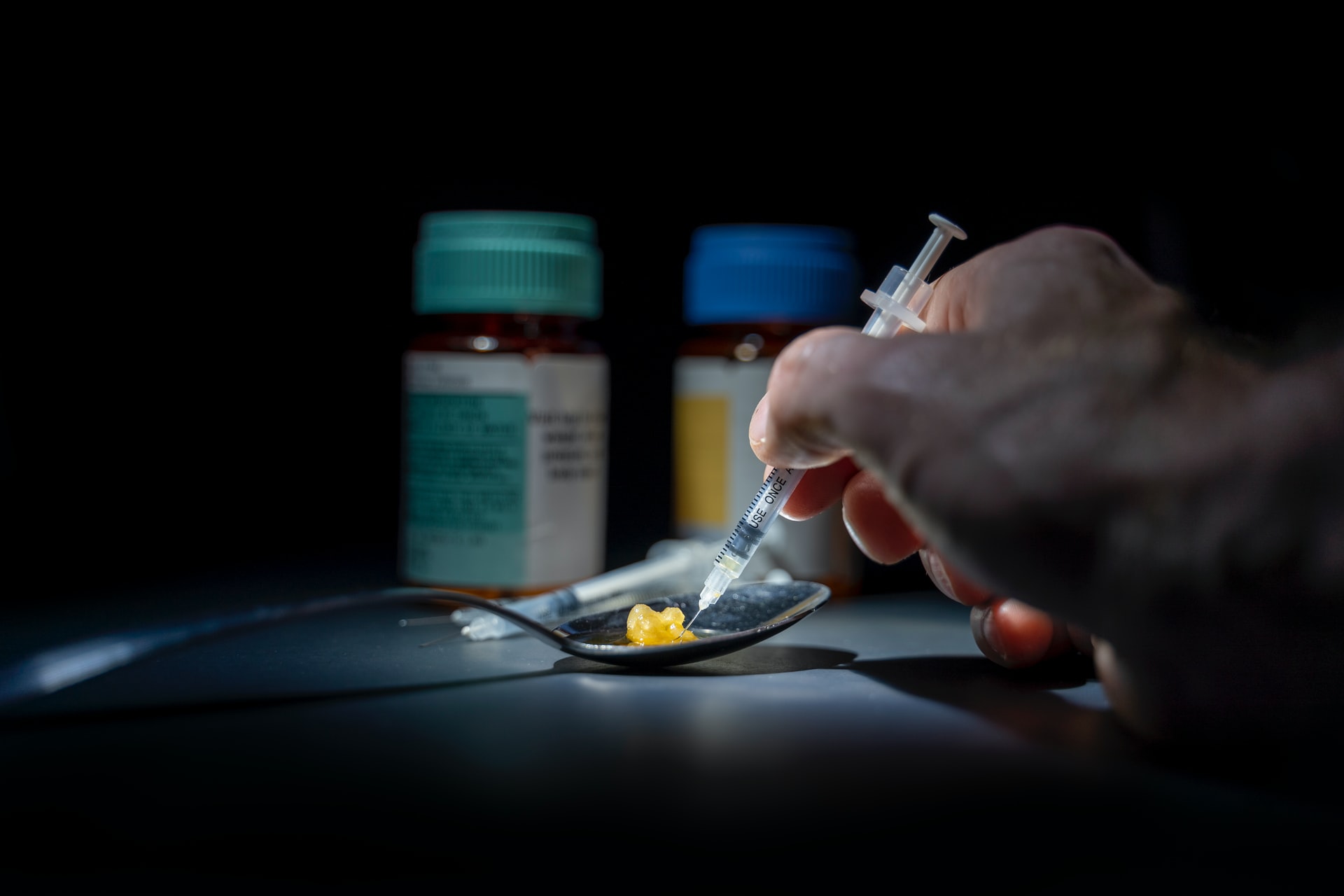Effects of Medicines on the Teen BrainEffects of Medicines on the Teen Brain

Teens wonder regarding the function their brain plays in alcohol and various other drug use as well as dependency. In this second installation of “Teens Ask, FCD Prevention Functions Answers,” we requested the assistance of pupils in several of our customer colleges in order to share what is on teens’ minds when it involves their minds. (Intend to catch up? Check out the very first installment.).
Q: As soon as inside a teen’s body, what do alcohol and other drugs in fact do to the teenage brain?
A: All addicting compounds affect the incentive path of the mind, where teens are highly inspired. Alcohol and also various other habit forming drugs increase the variety of reward-related chemicals in the mind. For example, these substances flooding the brain with a chemical called dopamine. This chemical flood can cause sensations of euphoria, leisure, and relief from stress.
Dopamine is a fascinating chemical. Consider those times you’ve laughed till you have actually cried or lost your breath. That’s dopamine at the office. Yet although that dopamine creates enjoyment, its true job is not to make people really feel good. Its actual work is to drive a human to continue survival-related habits, like resting and also eating, and also to encourage pro-social behavior, like developing bonds of relationship.
What makes addictive compounds so high-risk is that their results override the all-natural and also healthy messages of the human mind. When alcohol and other medicines unnaturally increase dopamine in the teen brain, the utilizing teen gets the message, “you don’t require food or sleep or relationships as long as you require alcohol and various other drugs.”.
What was as soon as a healthily operating survival device of the reward path becomes a broken device, damaged by repetitive material use to develop addiction.
Q: What’s the distinction in between the teen as well as adult mind when it concerns alcohol as well as various other substance abuse?
A: Brain cells, called nerve cells, are typically covered and shielded with a fatty compound called myelin. This myelin imitate an insulator, assisting brain messages to travel from nerve cell to neuron, cell to cell, like electrical power streaming through a collection of telephone cables.
While the neurons in a grown-up brain are well myelinated, and also well protected, the maturing nerve cells in a teenager mind have more “myelination” to go through.
Given that teen brains are “in progress” by doing this, teen brain cells send out “louder” messages to each other than do adult mind cells, in a similar manner in which an identical track is transmitted a lot less beautifully via an inexpensive audio speaker than it is via a highly-sophisticated stereo.
Via these much more extreme, much less polished brain messages backward and forward, teenagers in fact experience much more extreme sensations of enjoyment from delightful tasks than do adults. They additionally experience negative feelings– like anxiety, stress, and clinical depression– even more “loudly.” This suggests that teens might yearn for the alleviation of adverse emotions more quickly than adults, because these emotions are truly really felt more deeply.
It likewise indicates that when teenagers participate in risky behaviors like alcohol as well as various other substance abuse, the reward pathway of the teenager mind is highly conscious compounds’ results.
Q: Which substances are related to long-lasting effects, and also what are these results?
A: Use any kind of addicting compound can be risky and also includes repercussions. Lasting effects are not the only consequences! Rather, lasting impacts occur after material usage has currently triggered a lot of other negative consequences for teens.
So when taking into consideration lasting consequences, keep in mind that prompt and also temporary repercussions occur first, as well as can be similarly ravaging to a teen’s life. It is very important to step in on teen use of alcohol or other medications as quickly as you discover any type of danger or effect.
If a person is struggling with the long-term physiological results of alcohol or various other substance abuse, he has likely proceeded with problem usage even with embarrassing experiences, relationship problems, as well as various other health and wellness as well as social consequences.
The lasting effects of alcohol abuse consist of:.
liver damages.
heart troubles.
” beer belly”.
physical dependence on alcohol, creating various other unsafe health problems.
Cigarette usage also produces long-lasting impacts, including:.
cancer.
emphysema.
decreased lung capacity, if smoked.
smudged or yellowed teeth.
early wrinkle development.
Provided the teen mind’s one-of-a-kind vulnerability to material use and also addiction, it is very essential that teenagers learn about the instant, short-term, as well as long-lasting effects of any type of material use.

